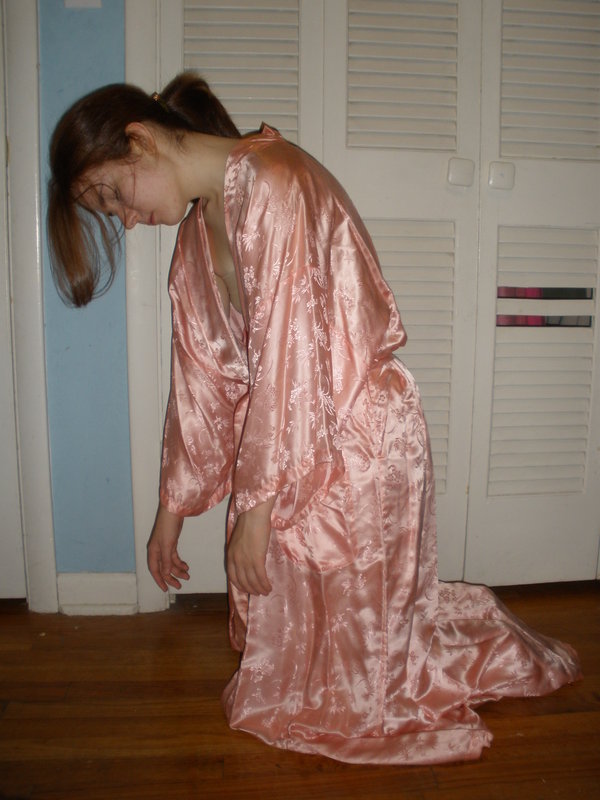Sleep Walking Symptoms, Causes, Risk Factors, Complications, Diagnosis and Treatment

What Is Sleep Walking?
It occurs when an individual stands up in a state of sleep, and walks around! The condition is particularly common in children, as compared to adults. Often, the problem of sleepwalking tends to outgrows with the adulthood years. As far as the incidents occur rarely, then it does not indicate towards a serious concern, thus, does not need medical aid. Though, frequent episodes may hint a causal sleep disorder.
An individual with sleep walking may injure himself/herself during the incidence, thus, it is important to protect it from the possible injuries related to sleepwalking.
What Are The Symptoms Of Sleep Walking?
An individual who sleepwalks will do the following, in a state of sleep:
- Get out and walk.
- Have an expression of glassy-eyed.
- Sit up and open its eyes.
- Perform routine activities, for example talking and changing dress.
- Not communicate, or respond to people.
- After awakening, the individual may become confused for some time.
- During the episode, the individual may feel trouble to awaken.
- After awakening, the person will not remember anything about the episode.
- Due to disturbed sleep, the individual may face problems to work next day.
- Besides sleep walking, the person can have sleep terrors.
What Causes Of Sleep Walking?
A number of factors are identified for causing sleep walking, these are:
- Fever.
- Depression.
- Stress.
- Fatigue.
- Sleep deprivation.
- Sleep schedule disruptions.
- Anxiety, for example separation anxiety.
- Few substances and medications.
At times, the condition can be rooted by some causal conditions, for example:
- Sleep-disordered breathing.
- Migraines.
- Narcolepsy.
- Travel.
- Medical conditions for example stroke or hyperthyroidism.
- GERD.
- Restless legs syndrome.
What Are The Risk Factors Of Sleep Walking?
A number of factors that may raise the chances are:
- Age: it is particularly common in children, whereas in adults, certain health conditions tend to increase the risk of sleepwalking.
- Genetics: the condition is observed to be hereditary. Chances of experiencing sleep walking raises if a particular parent has the history of condition, moreover, chances tend to get double, if both the parents have the history of sleep walking.
What Are The Complications Of Sleep Walking?
Sleep walking is not a major concern, though, individuals may:
- Hurt them during the episode.
- Disturb others and their sleep.
- Injured others.
- Face problems with their relationships.
- Be embarrassed.
- Faces sleep disruptions.
How Is Sleep Walking Diagnosis?
In case your child has the problem, then you can spot the problem yourself. Though, your family members can identify the problem if you have it. The doctor will conduct a psychological or physical test in order to detect any condition, which can be mistaken with sleepwalking. Rarely, a sleep study is suggested.
How Is Sleep Walking Treatment?
Often, treatment is not required for episodes that occur occasionally. Normally, in children, the problem resolves by reaching their teenage years. It is advice to lead the sleepwalker back to his or her bed, during the episode. Treatment becomes mandatory in case of negative consequences, for example embarrassment or chances of injury for the sleepwalker. Besides, if the condition is distressing for other family members, then treatment should be immediately pursued.
By : Natural Health News




